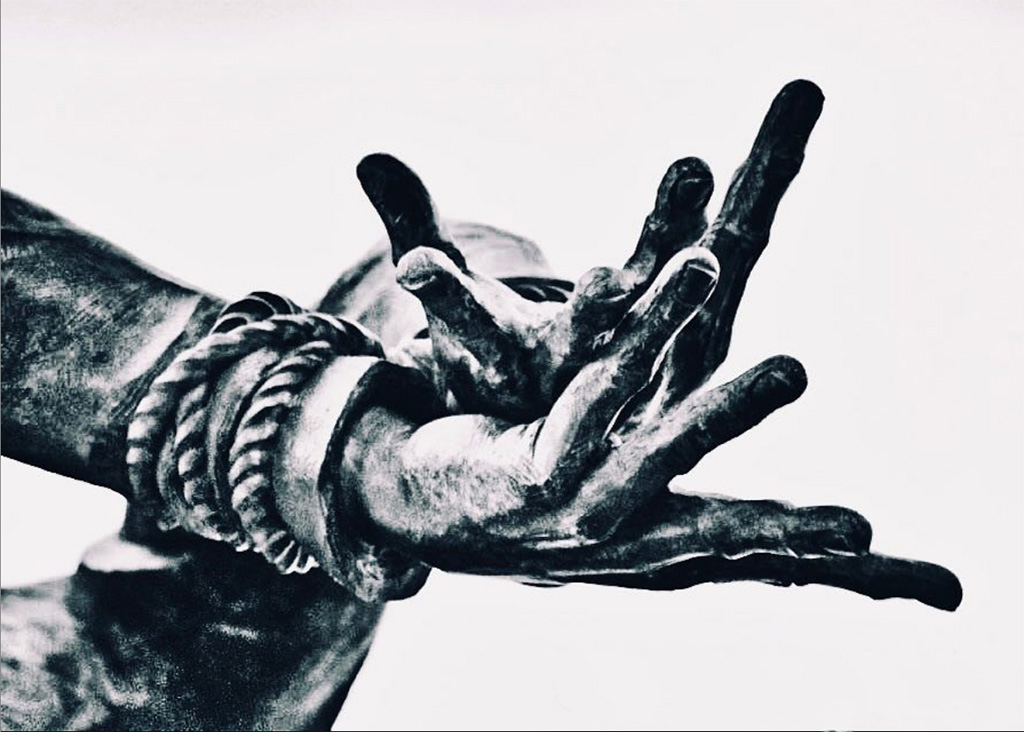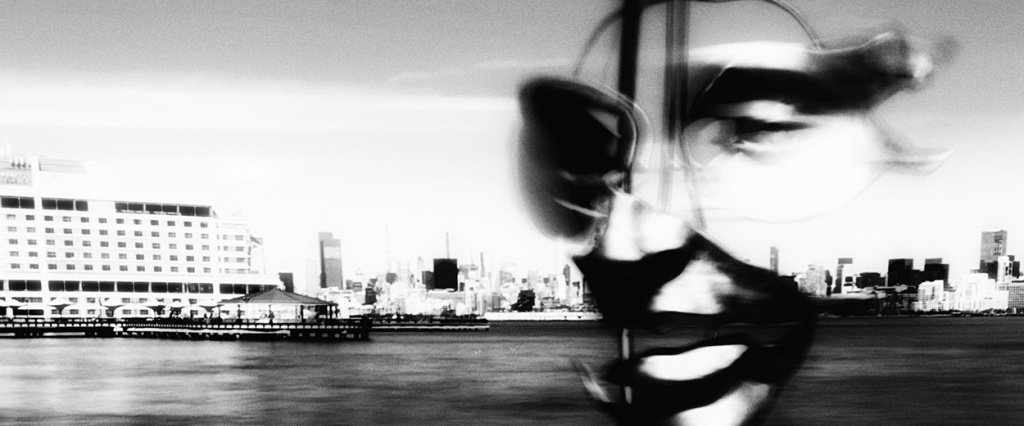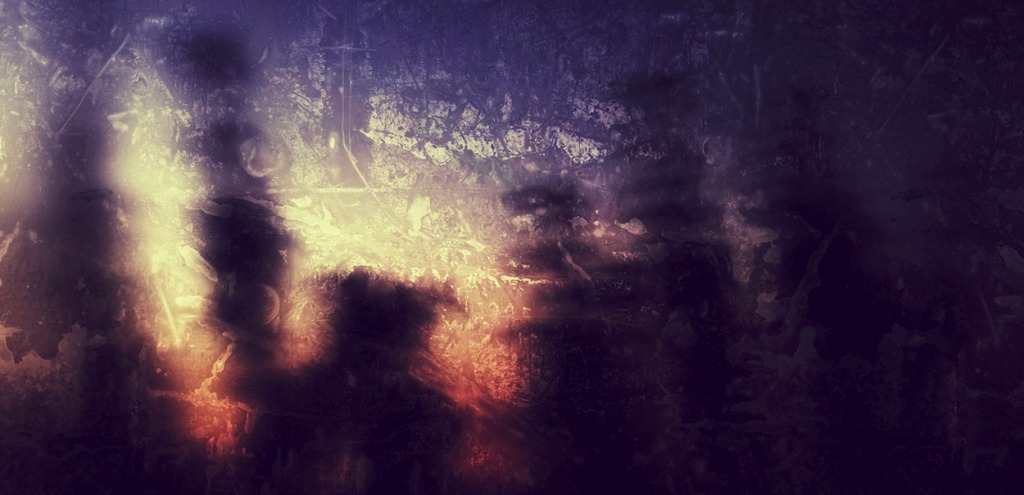A #tbt feature interview and photo shoot with DGBM’s Antoine B. Craigwell originally published in A&U Magazine.
By Proxy, By HIV
Antoine B. Craigwell of Depressed Gay Black Men talks about the effects of depression and HIV among black gay men in his new film, You Are Not Alone
Text & Photos by Alina Oswald
“Where does depression hurt? Everywhere.” That commercial got it right! Depression does hurt…everywhere, and in more ways than one. But the pain is not often visible, and doesn’t really go away just by throwing pills at it.
Caused, at least in part, by society and factors that influence an individual’s life, depression, especially if left untreated, can lead to suicide. And suicide…now, that’s a taboo nobody wants to touch. It encapsulates our worst fears, and feelings—of loss, helplessness, rage, betrayal, and also shame, all topped off by the worst fear of all, if religious, that of burning in hell for eternity. And yet, those contemplating suicide are ready to take their chances. For them, depression does hurt everywhere, in unbearable ways, and the pain is so excruciating that suicide becomes a welcoming, and often only, way out.
Statistics have shown that, while more women than men attempt suicide, men are four times more likely to actually commit it. But numbers do not tell the entire story, because, most of the time, they do not include those committing suicide by proxy—for instance, by cop or by HIV. It would be nearly impossible to tell how many individuals contract HIV—and then allow the disease to run its course—as a passive way of taking themselves out. Statistics have also shown that the rates of HIV among African-American and Latino gay men are rising, especially among young individuals. And, yet, nobody is trying to figure out the reason behind this increase in HIV infections, come up with an effective HIV-prevention strategy beyond using condoms or Truvada as a prophylactic, or take a closer look at the social environment that causes young African-American and Latino gay men or MSM to contract HIV in the first place. Nobody is trying to find out what was going on in these individuals’ lives at the time of their sero-conversion, and, most importantly, how these factors may be related to depression and suicide in these communities.
Nobody seems to be talking about this taboo…until now. Depressed Black Gay Men (DBGM) is a new nonprofit organization on a mission to raise awareness about depression and suicide among members of the black gay male community. And one of the tools DBGM uses to fulfill its mission is a new documentary called You Are Not Alone.
The film came out of a long process that started almost a decade ago with the idea of a book about depression and suicide among black gay men, which, in turn, led to the foundation of Depressed Black Gay Men. The sixty-five-minute long documentary includes interviews conducted by Antoine B. Craigwell, President and CEO of DBGM, with black gay men, mental health professionals, and religious leaders. The film also includes reenactments written by Stanley Bennett Clay [A&U, September 2006], based on the real-life stories shared during the interviews—about homophobia, racism, dealing with sexual orientation and identity, sexual abuse, discrimination, stigma, and HIV/AIDS. The reenactments add a visual component, thus enhancing the dramatic effects, while helping to paint a more complete picture of the issues and taboos expressed in the film…hence turning You Are Not Alone into a docudrama.
While starting documentation for this project in 2009, Craigwell soon realized that nobody was really interested in publishing a book about depression in black gay men. So, he decided to turn his original book idea into a documentary instead. Some of the men he’d interviewed for the book agreed to appear on camera, for You Are Not Alone. Among them, the late Taylor Siluwé, author of Dancing with the Devil and former features editor of Out IN Jersey Magazine, and Jonathan Lucas, former Executive Director of an LGBT center.
Interviews started in January of 2011. After a break for lack of funding, they resumed in May of the following year and were completed a month later, in June. By early October DBGM had a rough cut that Craigwell then screened in front of a panel of mental health professionals—psychiatrists, psychologists, and psychotherapists—and four community-based focus groups. The approval was overwhelming, and You Are Not Alone premiered in November 2012. Since then it has been in several film festivals, and screened around the world, in Canada, Nairobi, Kenya, and at a Caribbean arts festival, and also in the States, most recently this May, at the National Social Worker Conference, in New Orleans.
Each time he sees it, Craigwell remembers those who sat in front of him, sharing their stories. “[All these stories] they all affected me differently,” he confesses. “I [was] off camera, when [recording the interviews,] and I was in tears listening to their stories, because I couldn’t believe the pain that [these individuals] were living with. It was really remarkable hearing these guys speaking of themselves.”
The mission of You Are Not Alone is to let individuals who find themselves in situations similar to those portrayed in the film know that they are indeed not alone in their experience. And also, to let them know that there is hope.
“I got the name from DJ Baker, one of the interviewees, and it was later repeated by Taylor [Siluwé],” Craigwell explains the title of his documentary. “Because,” he adds, “that’s one of the things we [at DBGM] recognize. If you listen to the stories of those guys, [you realize that] very often, many people dealing with depression feel that they’re the only person in the entire world who’s trapped in this. Because of the stigma, discrimination, shame, embarrassment, and humiliation, they’re afraid to talk about it, [and] it starts to eat up at them in many ways, [including] relationships, and jobs.” After a pause, Craigwell adds, as if addressing these particular individuals, “It’s okay for you to talk about this. You are part of something. That’s why the documentary is called You Are Not Alone,” he reiterates.
“HIV is a byproduct or a consequence of one of the effects of depression,” Craigwell comments. Research studies have shown that people dealing with depression are less concerned about themselves; therefore, they would be more likely to engage in unsafe sex. “There are people who contract HIV as a form of passive suicide, and there’s research to support it, but this is a conversation that’s not happening,” he explains.
Yet, there is light at the end of this tunnel, in the form of psychotherapy. DBGM encourages those [living] with HIV to go see their primary care physician, and ask, among others, two questions:
1. What are the psychological effects of HIV medications?
2. Can you recommend a therapist or mental health professional for me to see in conjunction with the [regular] HIV [doctor]?
DBGM believes that, in order to arrive at a healthy person, an individual needs a comprehensive approach—a combination of holistic and conventional treatment—to dealing with HIV. In that sense, when talking about mental health, it’s worth considering the brain’s ability to recreate new pathways for regeneration, otherwise known as neuroplasticity. For that reason, seeing a therapist can help rewire the neurology of a person, who, say, is living with depression and HIV. The process is a lengthy one, but it can be done. Add to it the medications that help bring the HIV levels to undetectable, and that person becomes healthy—physically and mentally—with a more positive outlook in life.
But while there is hope, there are also obstacles. Payment for mental healthcare, for one, especially in the American environment, is a significant issue. As of January 1, 2014, the Affordable Care Act allows for Medicaid to pay for mental healthcare. On the other hand, Medicaid is so burdensome bureaucratically that many mental health professionals prefer not to even get involved. The challenge is finding enough mental health professionals willing to accept Medicaid and provide treatment to the millions who are on Medicaid and cannot afford to find mental healthcare anywhere else. The other challenge involves finding mental health professionals who are culturally competent to address the needs of their clients, especially when, very often, the African-American community still deals with the effects of the Tuskegee experiment, and doesn’t trust the medical establishment.
“When you go to see a therapist, the first fifty-minute consultation is free,” Craigwell says. “It’s really so that the therapist is able to determine if you’re going to keep the appointment[s], and [if] you have insurance to pay for [the appointments.] We advise that, when you go to see a therapist, you interview the therapist, asking questions like:
“How comfortable are you dealing with LGBT or black [or HIV-positive] patients.
“How much of your personal belief system do you incorporate into your therapy?”
“If that therapist cannot answer these questions or does not come up with some satisfactory answers, you get up and leave. And you may have to spend time to find another therapist [that best suits your needs].”
While DBGM helps bring hope back into the lives of many individuals and help them reach their dreams, the organization has also goals for its own growth. Craigwell still plans to finish, and publish, the book that started it all. You Are Not Alone continues being screened across the country, a starter for that vital conversation that could, ultimately, save lives.
Truth is that suicide, by HIV or other means, shutters families, and causes immense pain. The process of bringing someone to the point of suicide is a lengthy, ongoing one. “It is important to understand that the forces that propel [individuals] to that ultimate action are beyond all they can control,” Craigwell explains. “There is a built-in tension in our society,” he adds. “Because of our individualism, we see the person committing suicide as selfish, as breaking the bonds with their community. But at the same time, it is that [very] community that can bring that person to suicide.”
Craigwell reminds that it takes a village to raise a child, and that there’s also a flip side to it. “That it takes a village to destroy a child,” he says. “If a village comes together in the upbringing and the nursery of that child, [to] help the child achieve his whole potential, the village can [also] raise that child to the point that that child is destroyed, or destroys himself.
“Our individuality as humans is tied inextricably to others,” Craigwell says. “We do not exist in a vacuum. Our entire sense of belonging, identity, our sense of self, comes from our belonging to others—our peers, families….When that is not there, when that is not given, we cease to function, we cease to be. Or our existence becomes very challenging, very difficult to achieve and maintain.”
To learn more about Depressed Black Gay Men, visit www.dbgm.org. Find out more about You Are Not Alone at www.yana-thefilm.com.





Leave a comment